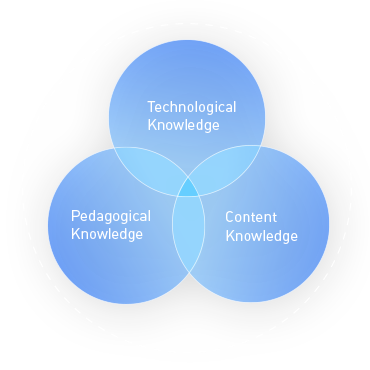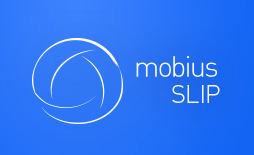Make a Difference Through Research

Why doesn’t today’s education system respond to the needs of contemporary workplace? The main reason is that with conventional teaching and assessment methods students are trained to be data containers rather than problem solvers. Many of them lack creativity, critical thinking and effective communication skills. Yet attempts to promote these skills and improve quality of education fail because the rising demand for skilled workers and professionals, growing student population and the pressure to keep education costs at bay lead to increasing class sizes and less face-to-face interaction between instructors and students. Managing interesting and complex assignments and providing actionable feedback to students has become prohibitively expensive. Something has to change in how students are taught and assessed. A new solution to promote creativity, critical thinking and communication is needed.
How do we make sure that students can be challenged with interesting assignments, instructors are not overloaded and assurance of learning is maintained? One popular and simple solution – peer assessment – is inadequate in large classes without right incentives and clever logistics. Another fancy solution – computer grading – is even more controversial: students need to learn to communicate their ideas to human audiences, not to software. No machine, no matter how intelligent, can appreciate talent, inspiration and creativity. The only way to master these skills is to communicate with other people, many of them, and receive feedback, and also learn how to give constructive and developmental feedback to others. An innovative social learning systems, rather than more sophisticated machine grading, is the answer to the problem.
What is Mobius SLIP? Mobius SLIP is a web-based, fully functional and scalable application that handles logistics of complex creative assignments and generates a volume of learning analytics. It combines iterative, anonymous, formative and summative peer and self-assessments with advanced analytical algorithm, called Double-Loop Mutual Assessment (DLMA) to stimulate creativity, critical thinking, communications, complex task competencies and meta-cognitive skills. It ensures the right set of stimuli for students and effective checks and balances that overcome shortcomings of existing peer assessment systems. The result is a self-regulating, valid and reliable assessment. No instructor intervention or moderation is required to generate a complete set of valid grading metrics.


